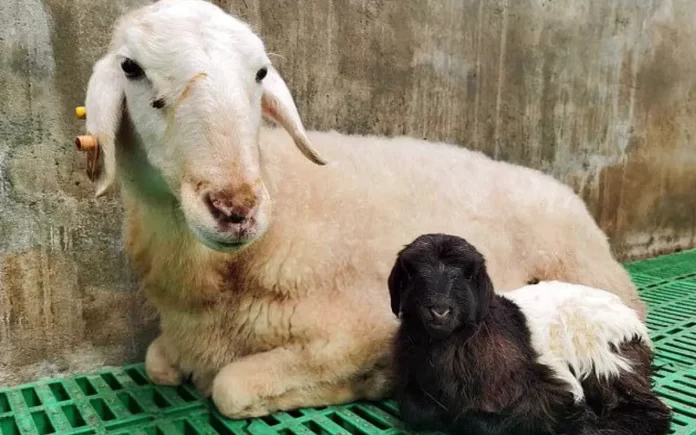Beijing: China has announced a significant scientific feat, successfully cloning Tibetan goats using a technique similar to the one that produced Dolly the sheep, the world’s first cloned animal.
The breakthrough was achieved through somatic cell cloning, where the nucleus of an adult cell is transferred into a new egg cell. These cloned goats, born from prize-winning male goats, aim to preserve and restore genetic material from exceptional individuals in the population.
Lead researcher Su Jianmin from Northwest Agriculture and Forestry University highlighted the potential of cloning to fully replicate genetic information, benefiting local farmers and boosting the breeding industry.
However, experts caution against applying this technique to humans, deeming it unjustifiable. The cloned goats are selected based on their ability to produce valuable wool, with plans to clone male goats for long-term wool production.
The cloning process mirrors the method used for Dolly the sheep, involving the removal and replacement of DNA in egg cells. Despite the success in goat cloning, ethical concerns persist, especially regarding potential human cloning endeavors.
This achievement follows the milestone of a two-year-old cloned monkey produced by Chinese scientists, further advancing research in genetic replication while raising profound ethical questions.



